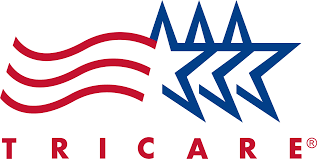
By Debbie Gregory.
Sean C. Page is going to prison. The 45-year-old man from Frisco, Texas was convicted of using his father’s identity to land lucrative federal government contracts under a set-aside program for disabled veterans.
Page, who has never served in the military, was sentenced to serve six year in federal prison for theft of government property and two counts of aggravated identity theft. He was convicted by a jury in February.
He used his father’s name and Social Security number to cash in on his veteran disability status, according to prosecutors.
Dalton Page was unaware of his son’s illegal activities. The combat veteran served in the U.S. Army for 17 years, and was awarded two Bronze Stars during his service in Vietnam, and received a disability rating of 100 percent upon discharge.
Page scammed the federal contracting program out of about $1.2 million with 14 contracts from 2009 to 2013 using two companies he formed, according to officials.
He created 12G Resources Group and Premier Building Maintenance to provide general services such as cleaning and landscape work for veteran-owned facilities, the indictment said.
The programs are for the benefit of service disabled veteran businesses.
“Those who steal and attempt to steal monies from these programs will be vigorously prosecuted,” said U.S. Attorney John M. Bales of the Eastern District of Texas.
Dalton Page said, “Sean is my son, but those programs are set aside for GIs such as myself. I am very disappointed in him getting those contracts like that. The contracts were put in my name. He had me backed in a corner.”
Page continued to do federal contract work after his October 2014 arraignment in violation of a federal judge’s order, court records show. He earned $35,175 from a landscaping and snow removal job with the Veterans Medical Center of Salt Lake City while he was out on bond.











